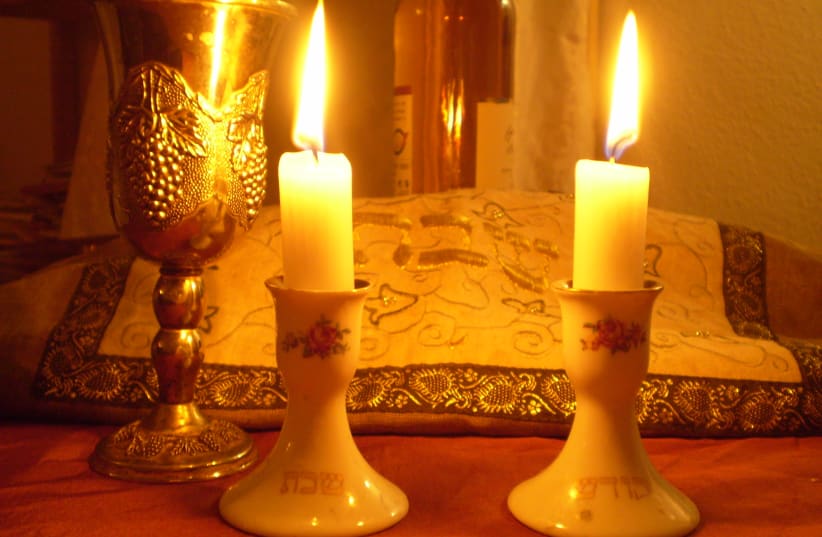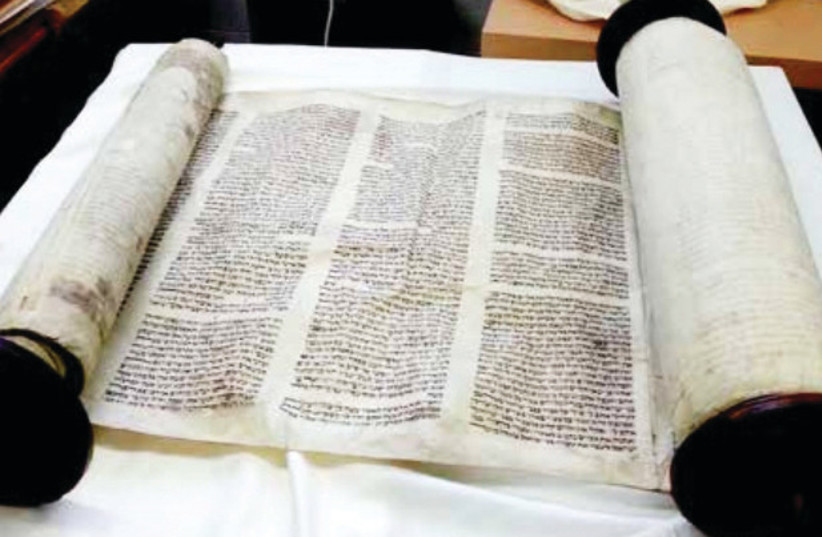Much of the story of Sarah is hidden from view. As with many women throughout history, her life was not lived on the public stage. The character of our first mother has to be extrapolated from the tales in the Torah. We can begin with the very tenor of the parasha which bears her name.
The previous parasha is a parade of epochal events. Vayera includes the destruction of Sodom and Gomorrah, which takes place on the world stage, and the war of the kings, another international incident. These are large, dramatic happenings, and public in their nature. The Akeda, while more intimate, is no less striking and has ramifications that resonate throughout the ages.
As we turn to Chayei Sarah, we begin with a private negotiation for a plot of land and a burial, a family event. The courtship of Isaac and Rebekah, another domestic affair, and finally the end of Abraham’s life, rounding out the parasha, are all far quieter than what has preceded them.
Sarah represents life as it is usually lived. While we read of and muse on great events, the small, daily occurrences of our lives determine their tenor and pitch. Most of us learn early that if your work life is good and your home life is bad, your life is bad. But reverse it and things are much better, for the home is ultimately where our spirit is troubled or in repose. In Samuel Johnson’s words: “How small, of all that human hearts endure/ That part which laws or kings can cause or cure.” Our partners, parents, children, family and friends determine the quality of most of our lives.
When the opening of the parasha tells us that Sarah lived “one hundred years and twenty years and seven years,” one way of reading the unusual repetition – years and years and years – is that Sarah kept her character steady throughout her life. In all the tumult of the world into which she was thrown, she was able to create a home whose solidity would sustain the innovations that she and Abraham were introducing to the world.
The casual reader might object to the portrayal of Sarah as steady or having equanimity, because of her wishing for Abraham to have a child with Hagar and then insisting they be cast from the house.
However, in a life marked by constant travel, famine, fear (being twice passed off as Abraham’s sister), infertility and the loneliness involved in being the one couple devoted to God in a pagan world, even if that was evidence of Sarah’s distress, it would be lost amid the remarkable resilience she displayed. We can add to this the rabbinic observation that Sarah was greater than Abraham in prophecy (Tanhuma, Ex. 1). She knew, as Abraham did not, that only Isaac could carry the message of Israel to the future.
The subsequent story proves her to be right, of course. After Sarah’s death Abraham has other children, yet none of them is consequential to history. Only Sarah’s child, Isaac, changes the world. Sarah understood this because she was a mother and observed the children with different eyes. Remember, the text tells us that Sarah “saw Ishmael” (Gen. 21:9) just as later the angel must open Hagar’s eyes so that she could see (ibid. 21:19).
Sarah represents the principle of intimacy, of home, of closeness. When God tells Abraham and Sarah they will have a child, their reactions illustrate different approaches. Abraham says, “Will a 100-year-old man have a child?” (ibid. 17:17). Sarah says, “After I have grown old, shall I become supple again?” (ibid. 18:12). Abraham expresses himself in universals – “a 100-year-old man.” Sarah’s response is exquisitely personal – “I have grown old.”
When Sarah dies the Torah tells us, “Sarah died in Kiryat Arba, which is Hebron, in the land of Canaan; Abraham came to eulogize for Sarah (l’Sarah) and to weep for her” (ibid. 23:2). The repetition of Sarah’s name was not necessary – it had just been said that Sarah died. But the eulogy was specific; it was for Sarah. Abraham eulogized a woman who introduced the deeply personal and domestic into the Jewish tradition.
Judaism spread throughout the world because it was nurtured in the family. Our foundation was Sarah, our matriarch, our mother, creator of the Jewish home. ■
The writer is Max Webb Senior Rabbi of Sinai Temple in Los Angeles and the author of David the Divided Heart. On Twitter: @rabbiwolpe.

